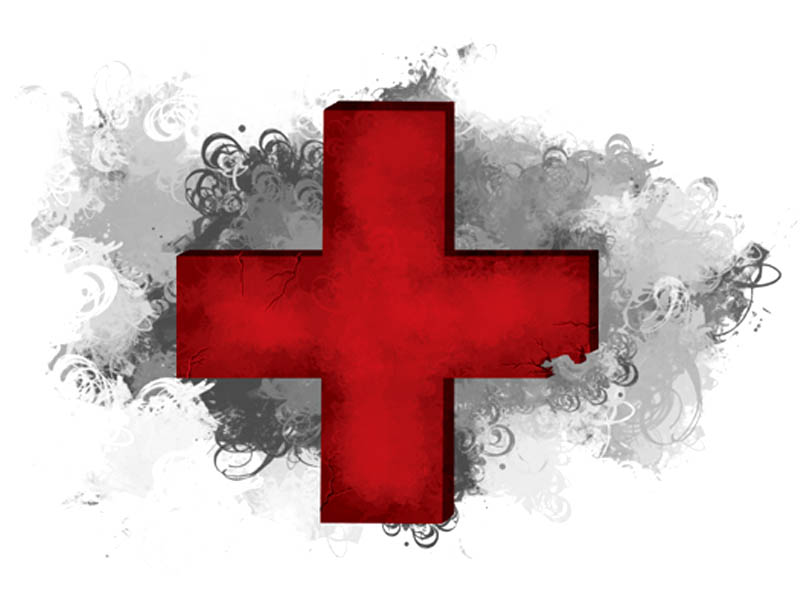
The idea of providing improved healthcare facilities to millions of poor patients by devolving the three major federal health institutions to the province is proving to be counterproductive, as the two-year-old litigation against such transfers of administrative control has yet to bear fruit.
Three different constitutional petitions, challenging the devolution of three major government health facilities in Karachi, are still pending disposal at the Sindh High Court since 2012. The three separate petitions were filed by the Jinnah Postgraduate Medical Centre (JPMC), the National Institute of Cardiovascular Diseases (NICVD) and the National Institute of Child Health (NICH).
Jinnah Hospital, NICVD and NICH, all located a stone’s throw from each other, were devolved from central control after the 18th amendment came into effect. This new law gives the provinces more control over health and education, but these three hospitals, the largest in Sindh, do not want to be run by the Sindh government for several reasons.
In their petitions, the hospitals argued that the 18th constitutional amendment, which was given as the reason for their transfer to the Sindh government, was flawed. Citing the example of JPMC, the petitioners maintained that besides serving as a leading tertiary care centre, half a dozen institutes were working under its umbrella, including the hospital, Institute of Basic Medical Sciences, College of Nursing, School of Nursing, College of Physiotherapy, School of Occupational Therapy and College of Medical Technology.
These institutions were working as autonomous organisations, serving thousands of federal government employees, besides catering to patients from all over Sindh.
The hospitals argue that they are being discriminated against as the federally-run Shaikh Zayed Medical Centre in Lahore was not transferred to the Punjab government after the 18th amendment and was still being run as a federal institution. They quoted another example of the Pakistan Institute of Medical Sciences. Thus, the three hospitals maintained that the new law does not mention the devolution of health as a subject.
In February 2012, the Sindh High Court formed a three-member larger bench to decide the matter once and for all.
Counterproductive delays
According to JPMC executive-director Dr Seemin Jamali the matter was heard a long time ago. “At that time, the advocate-general Sindh was directed to make arguments on behalf of the Sindh government to justify its claim of taking over the hospitals’ control. But, since then, there has been only silence.”
This delay, said the staff, is affecting the administrative operations at the major health facilities, which are frequented by millions of patients monthly, in addition to causing hardships to the employees.
“Various employees, who were under the federal government’s service, have retired. But none of the juniors have been promoted to fill this gap in the last one-and-half-year because of a delay in decision on the litigation,” said Dr Jamali.
Poor are suffering
As a result of the current state of affairs, millions of people who cannot afford expensive treatments at private hospitals are unable to avail the benefits of devolution.
Published in The Express Tribune, March 24th, 2014.








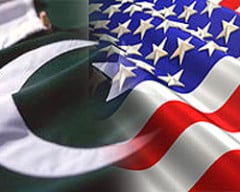


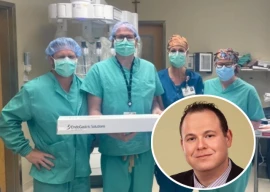
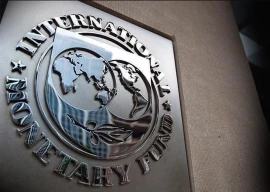
1725434334-0/Untitled-design-(35)1725434334-0-270x192.webp)
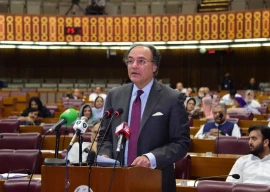







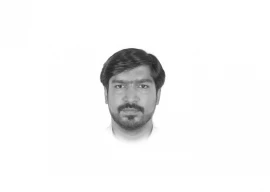
COMMENTS
Comments are moderated and generally will be posted if they are on-topic and not abusive.
For more information, please see our Comments FAQ